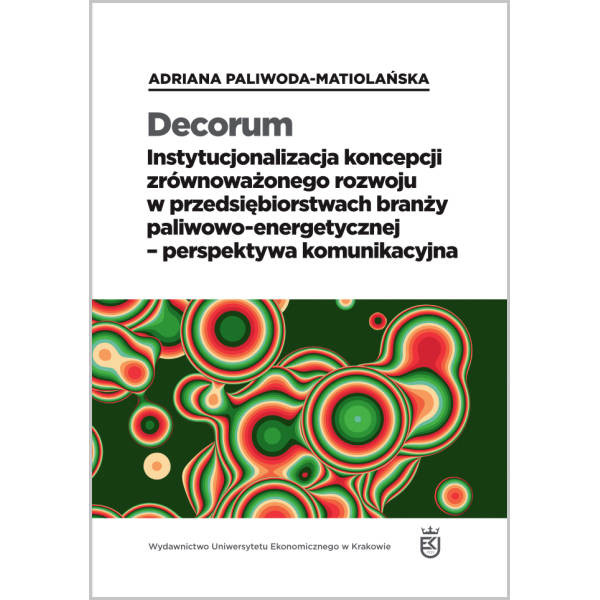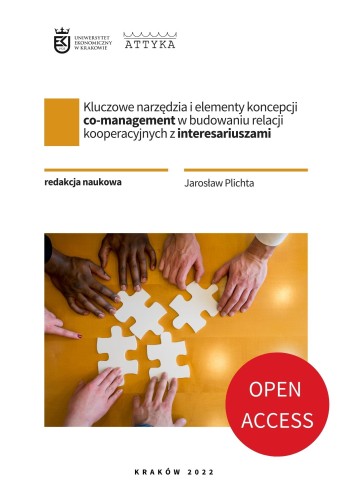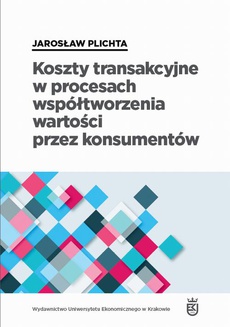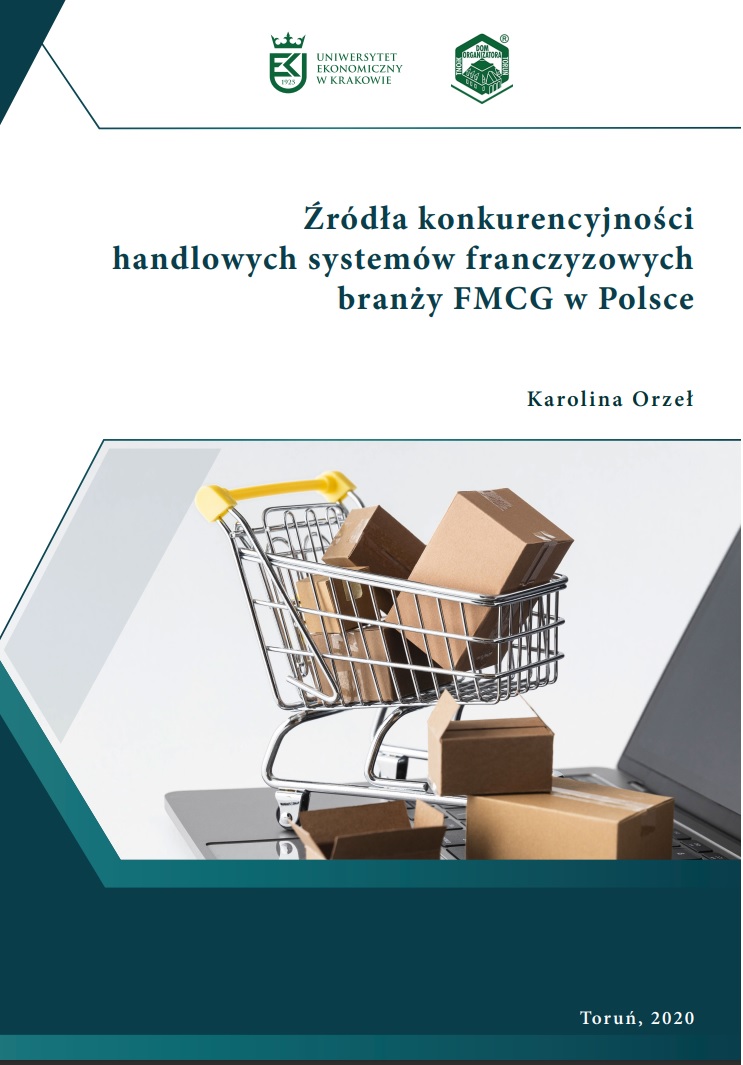Accessibility Tools

Adriana Paliwoda-Matiolańska
2022
Sustainable development is becoming a leading paradigm. It is a model of conduct subject to institutionalisation processes, within which structures and regulations are created for conducting activities in the field of environmental and social involvement. Articulated and co-created by communication processes, expectations pressure economic entities and organisations. Institutionalisation processes impact enterprise management systems. These processes are first revealed in organizational communication and symbolism and then in the strategic and operational sphere of enterprises. Institutionalisation is a process co-created by corporate communication. This monograph describes and characterizes the processes involved in the institutionalisation of sustainable development from the perspective of communication, using the example of the energy industry. The monograph consists of three chapters. The first presents the evolution of human thinking about nature and the human-nature relationship. In this context, the contemporary understanding of the natural environment is socially constructed. It is based on and co-created in the communication process through the language of harmonisation and sustainability. The second chapter analyses the idea of sustainable development from an institutional perspective. It presents the institutional theory of organisational communication, called communicative institutionalism. It also summarises the theoretical considerations presented in the first chapter and presents two dimensions of sustainable enterprise management systems as a response to institutional pressure resulting from disseminating pro-environmental and pro-social ideas. The first dimension is the standard, classical, and conventional one. It is based on integrating concepts that focus on the economic dimension of sustainable enterprise management systems. The second dimension is symbolic, based on decoupling and focused on power and rhetoric. The third chapter presents conclusions based on the cross-sectional research. The study found the occurrence of decoupling between declared and actual activities of selected energy enterprises. The chapter highlights the ceremonial and symbolic communication these companies use. Their discourse is passive or defensive rather than performative or proactive, covering mostly corporate issues, while sustainability issues are forward-looking and presented very broadly. The analysis also showed a tendency among the companies to use a similar approach to their communications, showing that sustainable development is interpreted and shaped by the energy industry’s needs. However, its presentation indicates that its interpretation is limited, mainly to rhetoric, which shapes the narrative about enterprises in the fuel and energy industry and serves to pursue social legitimacy. The study draws on Cicero’s Decorum, as the institutionalisation of sustainable development in the energy industry is determined using rhetorical tools for a broader philosophical concept and regulation of the message

Edited by Jarosław Plichta
2022
The monograph successfully indicates the role and importance of organizational culture, marketing and communication, and network theory in developing co-management concepts and implementations. Numerous examples of co-management innovations and their effects are vividly presented. The issues, for the most part, in addition to citing well-known studies, classifications, or characteristics, were presented originally, and the entire monograph was presented in a creative way

Jarosław Plichta
2019
The theory of transaction costs is one of the main concepts, next to the agency theory and the theory of property rights, which has been developed for many years in the broad trend of new institutional economics. It is a response to the problem of inefficiency of value creation processes in the economy at the micro- and macroeconomic level. According to R. Coase’s assumptions, markets and enterprises are alternative ways of coordinating production and exchange processes, and one of the most important reasons for the existence of enterprises are transaction costs. By limiting them within hierarchical structures, companies are able to manage and create value more effectively. The emergence of modern communication and information technologies, including the Internet and mobile telephony, has not only created new opportunities to increase the efficiency of enterprises, but above all it has revealed the great potential of consumers as not only recipients of the values provided by enterprises, but also their co-creators. P. Kotler calls it role transformation and postulates a change in the approach to enterprise operations within the framework of the so-called marketing 4.0. New business models show that consumers have become part of the value chains of many companies. Social changes, globalization, ecological threats and the emergence of the concepts of sharing economy and circular economy also contributed to this. In the monograph, the author addresses the previously overlooked problem of transaction costs on the consumer side, assuming their important role in contemporary value co-creation processes. Social media such as Facebook and Instagram are examples of new business models. The research conducted by the author and their results presented in the monograph positively verify a number of hypotheses about the existence of transaction costs on the part of consumers and the factors causing them. The proposed research model and the considerations made throughout the monograph are a pretext for the author to propose a broad research program assuming the analysis of transaction costs both in horizontal systems, i.e. in value creation chains, and in vertical systems related to the creation and functioning of coordination structures at the micro-level. , meso- and macroeconomic. The institutional environment and behavioral and social factors related to decision-making by individuals playing various roles and links in value co-creation processes in the economy play a key role in these processes.

Karolina Orzeł
2020
Na stronach internetowych Uniwersytetu Ekonomicznego w Krakowie są stosowane pliki "cookies" zgodnie z Polityką prywatności.